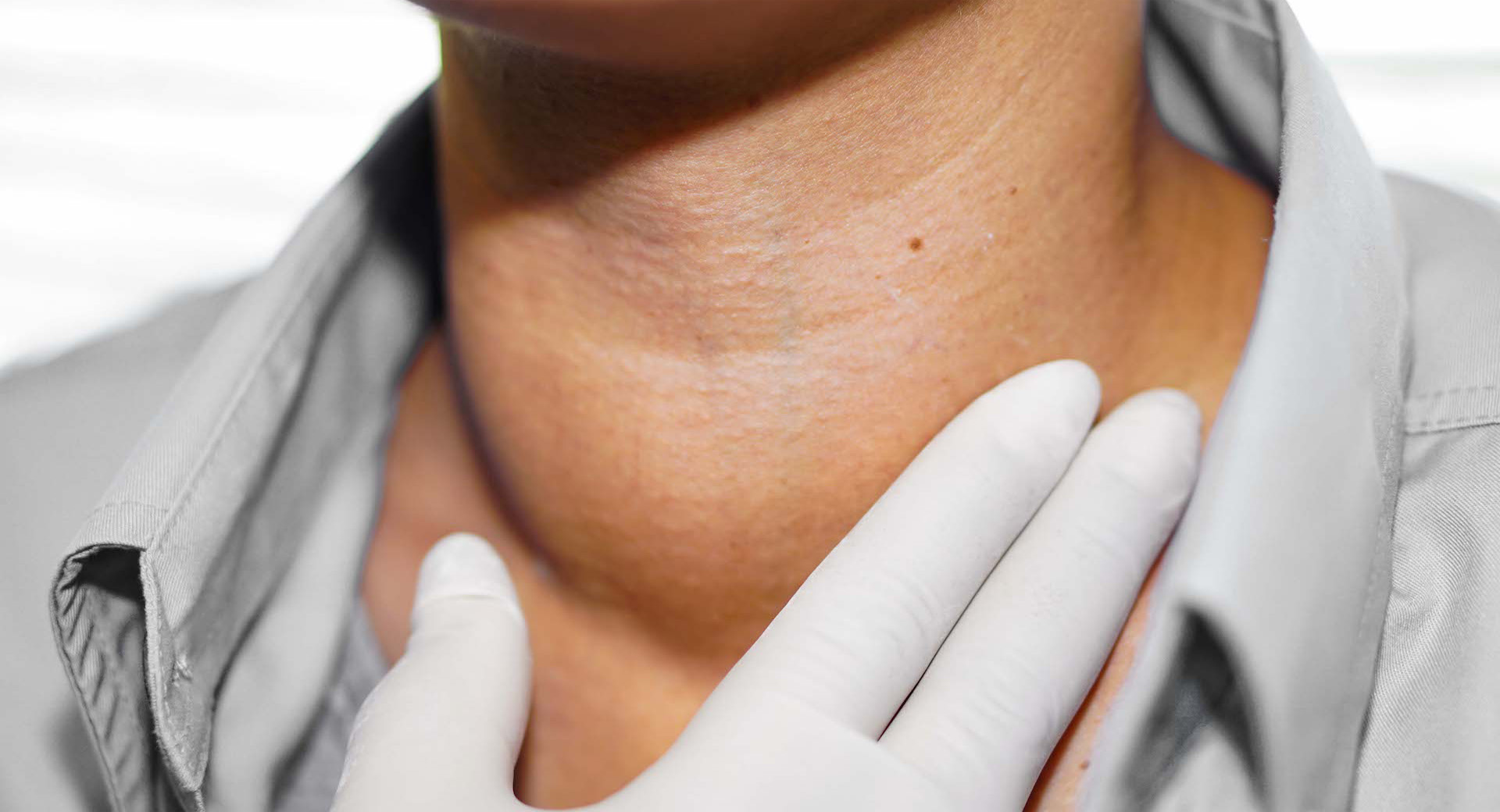The most common cause for hypothyroidism is Hashimoto thyroiditis. This is an autoimmune disorder, where the body produces antibodies against the thyroid gland. This leads to inflammation and scarring. Inflamed or scared tissue is unable to produce hormones and therefore need to be replaced. The diagnose is made with ultrasound and/or bloods for thyroid function and antibodies.

The symptoms of hypothyroidism are fatigue, weight gain, feeling cold, constipation, hair loss and depression. Most commonly patient experience weight gain, fatigue and tiredness. These symptoms improve quickly with appropriate therapy.
We can also find these symptoms with other disorders, such as stress, burn out or other autoimmune disorders.

Disease progression
Hashimoto is not always associated with hypothyroidism, particularly in the early stages. Initially it is more common to find high level of antibodies and see the inflammation in the thyroid ultrasound scan. Nevertheless, patients feel something is off. The goal of the initial therapy is to reduce the antibodies as much as possible, to slow down the inflammation in the gland.
The long-term goal is to avoid thyroid medication as much and as long as possible. Hypothyroidism can play a role when you can’t fall pregnant and needs to be checked. If the bloods confirm hypothyroidism a thyroid replacement therapy needs to be started. Various medications are available to achieve an optimal outcome.
Other causes for hypothyroidism are iodine, iron or selenium deficiencies as well as insufficient supplementation of thyroid hormones.
Iodine deficiency is very common and an adequate substitution begins with iodinated salt. Plain sea salt is unfortunately not sufficient.
Even patients with Hashimoto thyroiditis need iodine. Strict avoidance of iodine leads to worsening of the disease.
